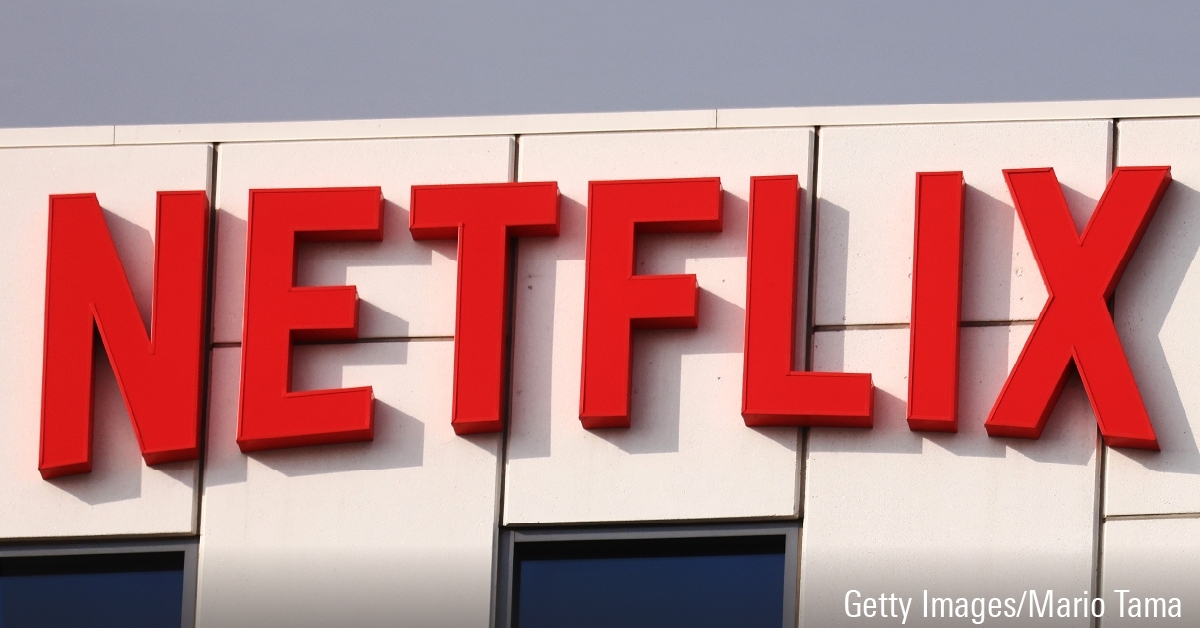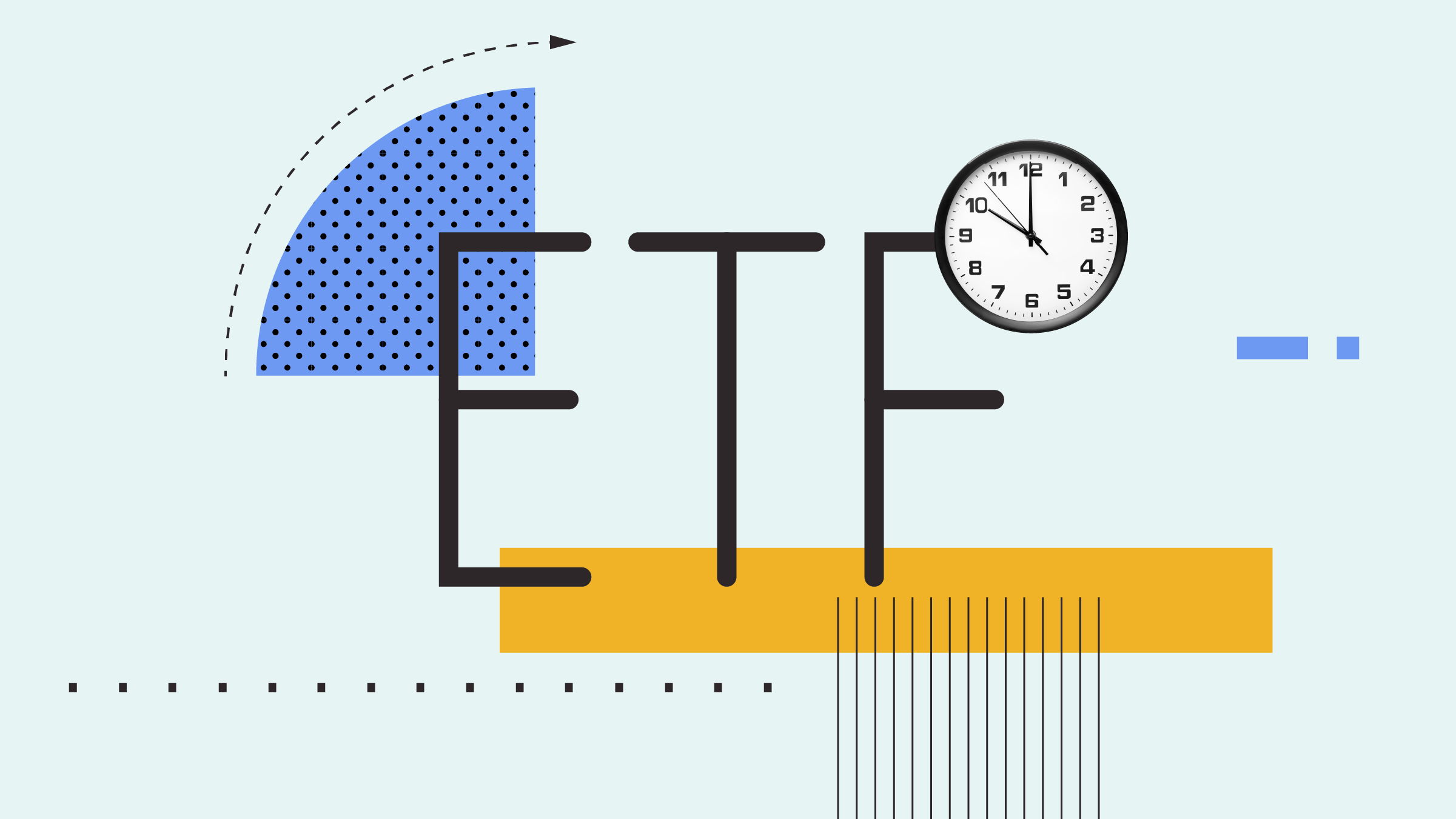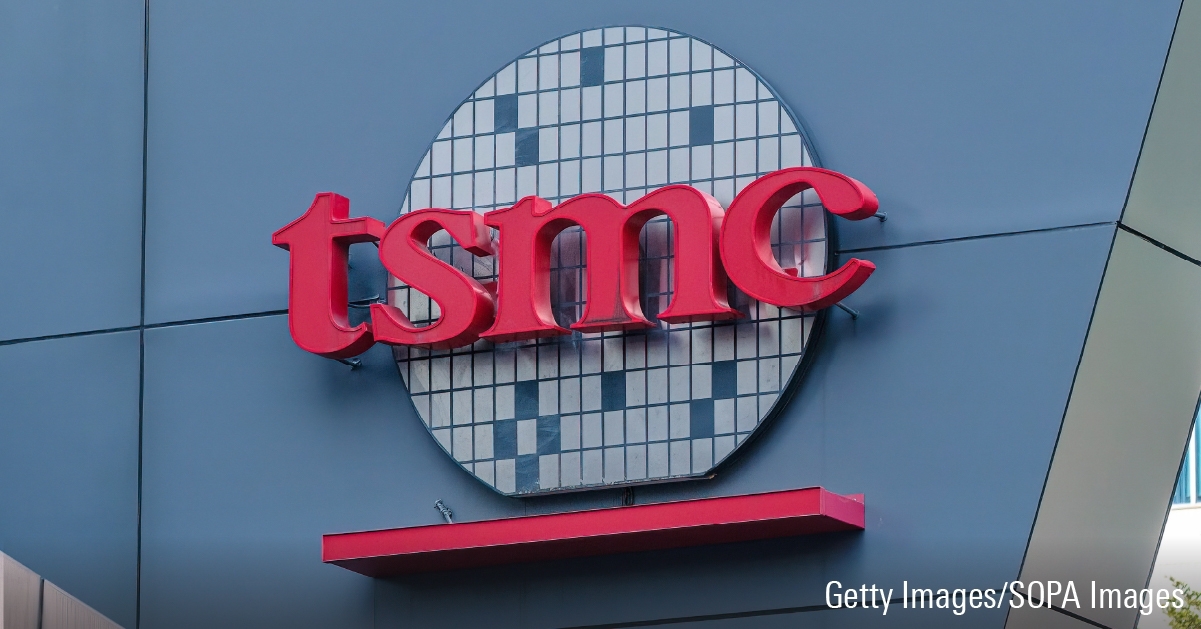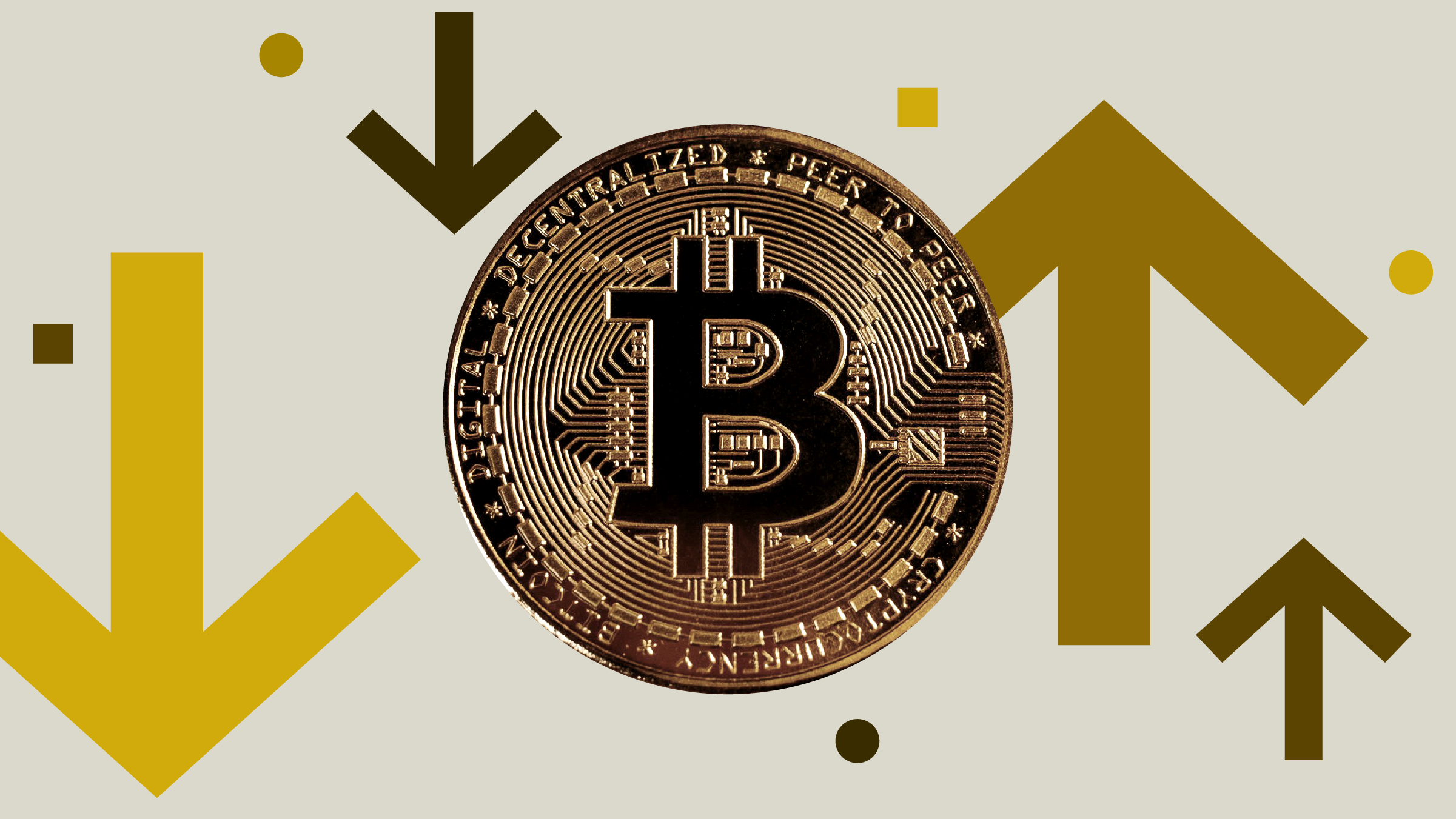It has been a challenging environment as the spike in interest rates has hit bonds and many interest-sensitive stocks, says Alan Wicks, senior managing director at Toronto-based Manulife Asset Management Ltd. and lead portfolio manager of the $8.3-billion Manulife Monthly High Income. The question he is trying to address comes down to: "In a rising interest-rate environment, how do you deal with trying to provide yield to your unitholders, without taking on too much capital risk?"
But conditions have slowly begun to improve and Wicks and co-manager Duncan Anderson, senior managing director, have started to move back into the space dominated by consumer staples, consumer discretionary and telecommunications stocks. This reverses a move begun almost two years ago, when they slowly reduced the exposure to so-called high-dividend companies which, as value investors, they had deemed too expensive.
"We started to rotate out of names such as ![]() Enbridge Inc. (ENB),
Enbridge Inc. (ENB), ![]() Fortis Inc. (FTS) and
Fortis Inc. (FTS) and ![]() Loblaw Companies Ltd. (L), a lot of the traditional high-payout, defensive equities," says Wicks, a 30-year industry veteran who was part of the team managing the precursor fund, Elliott & Page Monthly High Income, from its inception in September 1997. "In May 2016, the dividend yield was about the same as that of the S&P/TSX Composite Index. While the index's dividend yield went up slightly, ours went down. At that point, we began moving to names that were cheaper on a price-to-earnings basis, or other metrics. But their dividend yields were a little lower (than the index)."
Loblaw Companies Ltd. (L), a lot of the traditional high-payout, defensive equities," says Wicks, a 30-year industry veteran who was part of the team managing the precursor fund, Elliott & Page Monthly High Income, from its inception in September 1997. "In May 2016, the dividend yield was about the same as that of the S&P/TSX Composite Index. While the index's dividend yield went up slightly, ours went down. At that point, we began moving to names that were cheaper on a price-to-earnings basis, or other metrics. But their dividend yields were a little lower (than the index)."
Wicks and Anderson eliminated some bond-like companies as valuations were getting stretched. "We didn't want to risk our clients' capital just to collect a 2% or 3% yield. We sold out of those positions. The opportunities that we saw were more in companies that had not benefitted as much from declining interest rates because they didn't have high payouts. It was a case of striking a balance between dividend yields and reinvestment."
As bond yields rose, high-dividend-paying issuers such as telephone companies and utilities have been affected the most because of their bond-like characteristics. "In many instances, the selloff has been overdone," says Wicks. "The market has over-reacted to the move in higher interest rates. Now, we're coming back to higher-yielding companies. That's why the yield on the portfolio is starting to increase again." The fund has a running yield of about 3.25%.
One company that is starting to look attractive again is Enbridge, which has seen its share price fall 25% in the last six months. Meanwhile, its dividend yield is up to about 6.3%. "We are looking at all of the pipelines, because they are in similar situations," says Wicks. "The market has changed dramatically."
In August 2015, Manulife Monthly High Income was closed to new investors because it was difficult to find attractive names. "We were trying to preserve capital, find undervalued stocks and also generate yield," recalls Wicks. "It was challenging, given the valuations."
Last December, given a shift in the market, the 5-star Morningstar-rated fund was reopened. "A lot of interest-sensitives that had sold off began to show up on our radar as looking more attractive. We can now find names trading at attractive valuations, with a good yield. We are in a buying mood."
Significantly, the fund's cash level has declined to 13%, versus 20% several months ago. There is also 33% in fixed income, (primarily investment-grade corporate bonds) and 54% in equities. The latter portion is split between 28% Canadian stocks and 25% U.S.
One of the most recent acquisitions in a portfolio with 48 equity names is ![]() L Brands Inc. (LB), the Columbus, Ohio -based owner and operator of such household retail names as Victoria's Secret and La Senza. "Because it's a high cash-generative business it has the opportunity to pay a high yield and buy back stock," says Wicks, adding that the stock has a 6.3% yield.
L Brands Inc. (LB), the Columbus, Ohio -based owner and operator of such household retail names as Victoria's Secret and La Senza. "Because it's a high cash-generative business it has the opportunity to pay a high yield and buy back stock," says Wicks, adding that the stock has a 6.3% yield.
The stock has been hit because of fears that bricks-and-mortar operators are deemed to be highly vulnerable to online purveyors such as Amazon.com. "What's the downside?" asks Wicks, noting that L Brands is trading at 11 times forward earnings. "If there was no growth whatsoever, we estimate there's 24% downside. But under normal circumstances, we calculate 55% upside." These figures serve as guidelines in responding to changing market conditions.
The managers also like ![]() CI Financial Corp. (CIX), a leading Canadian independent financial-services company. "Similar to the Amazon effect on retail, there's some dislocation occurring within the active-management business. Exchange-traded funds and robo-advisors are causing some disruption," says Wicks, noting that he has been adding to the position as it sold off. "CI is one of the dominant players in the mutual-fund business. It's been under pressure. But it's well diversified. And it's yielding 5%."
CI Financial Corp. (CIX), a leading Canadian independent financial-services company. "Similar to the Amazon effect on retail, there's some dislocation occurring within the active-management business. Exchange-traded funds and robo-advisors are causing some disruption," says Wicks, noting that he has been adding to the position as it sold off. "CI is one of the dominant players in the mutual-fund business. It's been under pressure. But it's well diversified. And it's yielding 5%."
Wicks admits that the global picture is murky thanks to concerns about potential trade wars and further interest rate hikes are on the horizon. Yet he is upbeat because valuations are starting to look more attractive. "Some high-quality, dividend-paying names are down 20% to 30% in the last six months. Not every stock that falls 20% to 30% is a great buy. But some of them are."


















